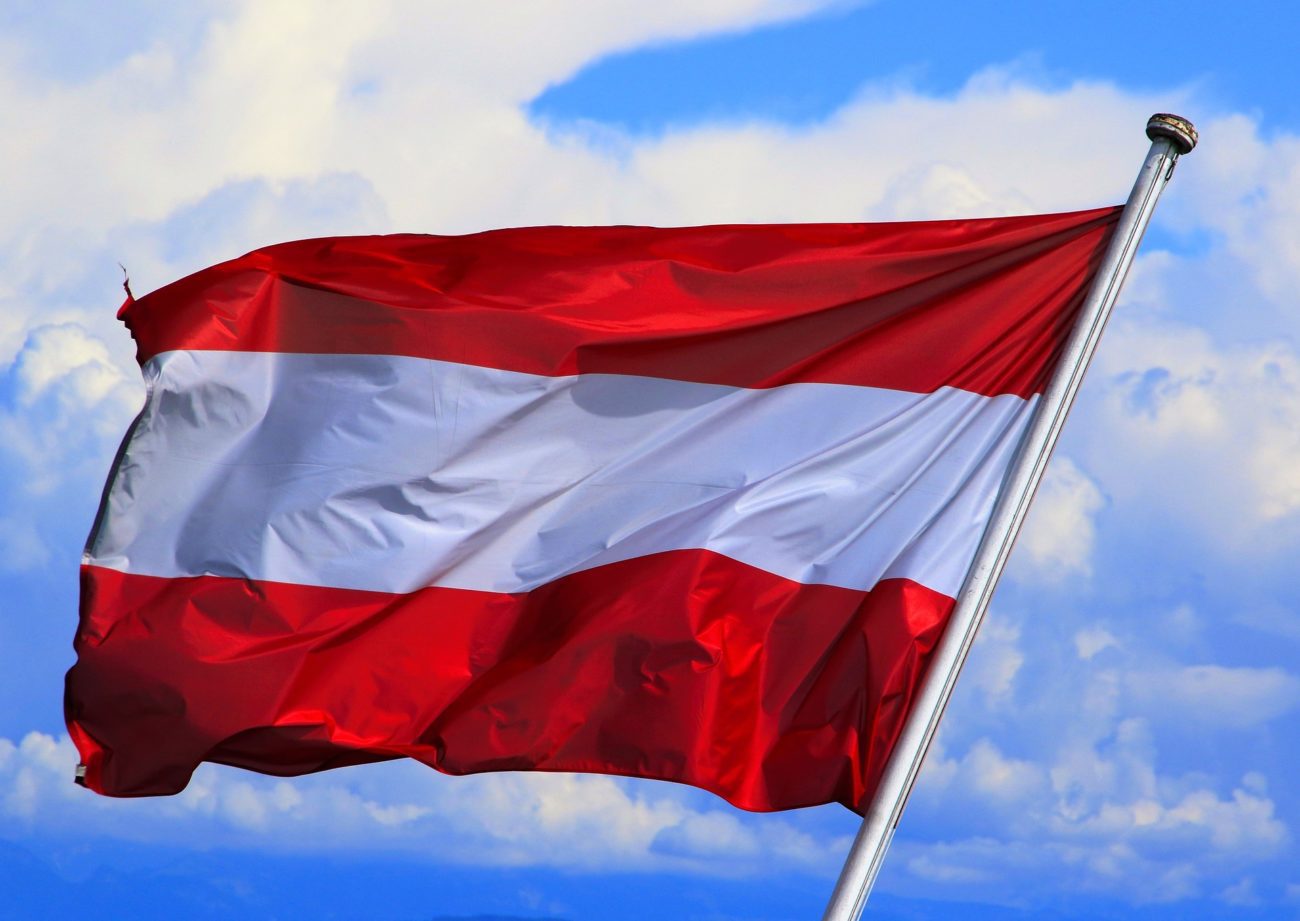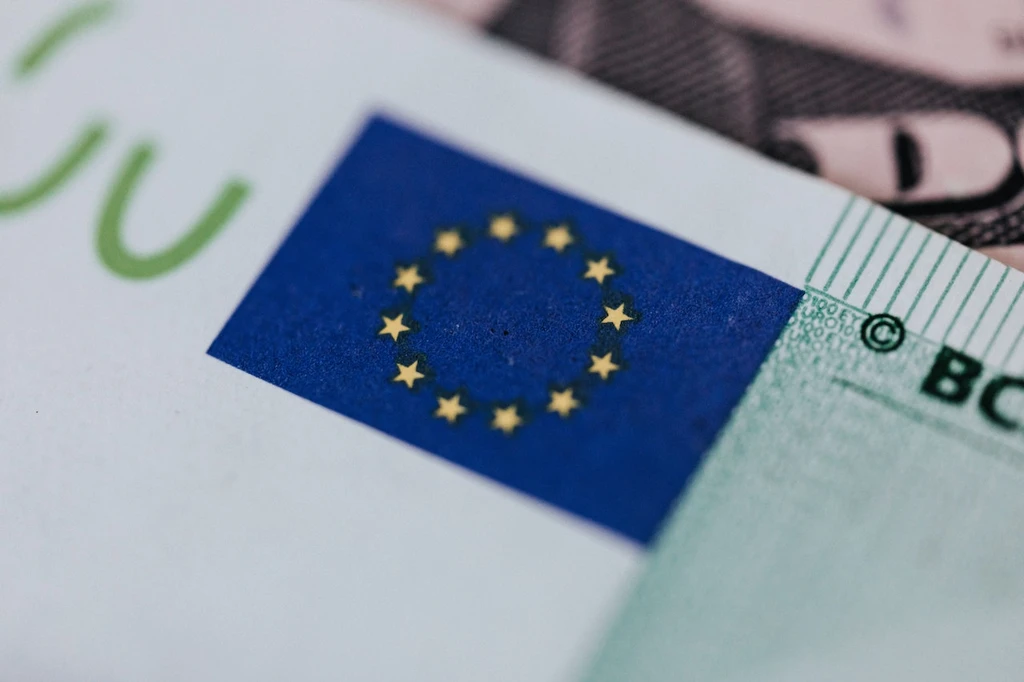The proposed law would amend Malta’s gaming regulations by adding a provision that would prevent Maltese courts from awarding damages to plaintiffs who sued gaming businesses for offering gaming services abroad.
This would give legal cover to gambling businesses active in the European grey market which have faced lawsuits. In some cases, local courts have ordered operators to pay back all losses to consumers.

The legislation gives guidance to courts to “refuse recognition and/or enforcement” of any foreign judgment if it undermines the legality of the provision of gaming services in Malta from licensed entities.
The legislation states that it is the objective of the bill to codify into law the long-standing public policy of Malta to encourage the establishment of gaming operators in the country. It continues by arguing that it is an effort to support private enterprise in line with the Constitution of Malta.
Bill criticised for undermining independent courts
The proposed law has faced criticism from a number of Austrian and German lawyers who have characterised the bill as an attempt to circumvent ongoing lawsuits in the region.
In a letter to the European Commission obtained by iGB, lawyers Karim Weber and Benedikt Quarch characterised the proposed law as an attempt to “blatantly undermine the European rule of law by blocking the fundamental rights of EU citizens and residents”.
Both lawyers have represented clients who have attempted to recoup their losses after the operators were ruled to be in violation of local laws. Weber worked at the firm which represented the plaintiff in the previously mentioned Austrian Supreme Court case against PokerStars.
The lawyers argued that the government of Malta has “no right” to intervene in the independent arm of the judiciary, “especially when the government of Malta has a vested biased interest totally in favour of gaming companies against the right of citizens and residents of countries like Austria and Germany”.
As such they urged the Commission to intervene.
Operators face liability from Austrian operations
In September 2021, the Austrian supreme court ruled that as PokerStars was not licensed to operate in the country all contracts between the Flutter-owned poker business and Austrian consumers were void.
The case – which concerned the validity of the Casinos Austria gaming monopoly – came about after an individual represented by the Gottgeisl Leinsmer Weber law firm sued the poker site for their losses.
The court ordered PokerStars to return all the player’s losses to the person, which amounted to €28,000 over five years.

This precedent opened up businesses that had taken bets in the region to liability. Since then, thousands of cases have gone through the Austrian courts, with many operators opting to pay the consumers money when ordered to do so by the courts.
However, some gaming businesses have taken the decision to contest the rulings.
iGB is in possession of legal documents from an Austrian physician who lost approximately €500,000 through one of 888’s gaming operations.
In January 2022, the individual obtained a final and non-appealable judgment against Virtual Digital Services Limited to pay back the total.
The company is 888’s Malta subsidiary that offers 888.com gaming in European single market states where the business does not have a local licence. 888 did not deposit the funds ordered by the court within the 19-day period provided by law.
Since 888 has withheld payment in Austria, the individual’s lawyers are attempting to obtain a judgment through the Maltese courts.
If Bill 55 is successful in successful in passage, then it would become much harder for local Malta courts to order any damages in such cases.
888 cites EU free movement of services rules
“The group only operates where it has a justifiable legal basis to do so,” an 888 spokesman told iGB.
Citing European free movement of services, 888 contests the compatibility of the Austrian licensing regime with EU law.
“Like many other international leading gambling operators, the group services Austrian customers via a licence issued by the Malta Gaming Authority.
“This licence allows holders to offer their services outside of Malta where there are coherent legal arguments to do so, provided it complies with Maltese regulatory and legal requirements,” the 888 spokesperson said.

“This position is based on the fundamental EU principle of freedom to provide services.”
The London Stock Exchange-listed operator said it has taken “extensive independent advice” from lawyers and experts both inside and outside Austria who have said that the position adopted by the Austrian courts is contrary to this principle.
888 highlighted that this is the position of the local regulator.
“The Malta Gaming Authority concurs with this view and therefore takes the position that gaming service providers licensed by it are able to offer their services in Austria entirely legally on the basis of their freedom to provide services within the internal market, insofar as they remain compliant with the Maltese regulatory and legal framework,” said the spokesperson.
“Based on the extensive advice and opinion received, we are absolutely confident in our legal and regulatory position.”
Original article: https://igamingbusiness.com/legal-compliance/malta-bill-tabled-protect-operators-foreign-liability/














